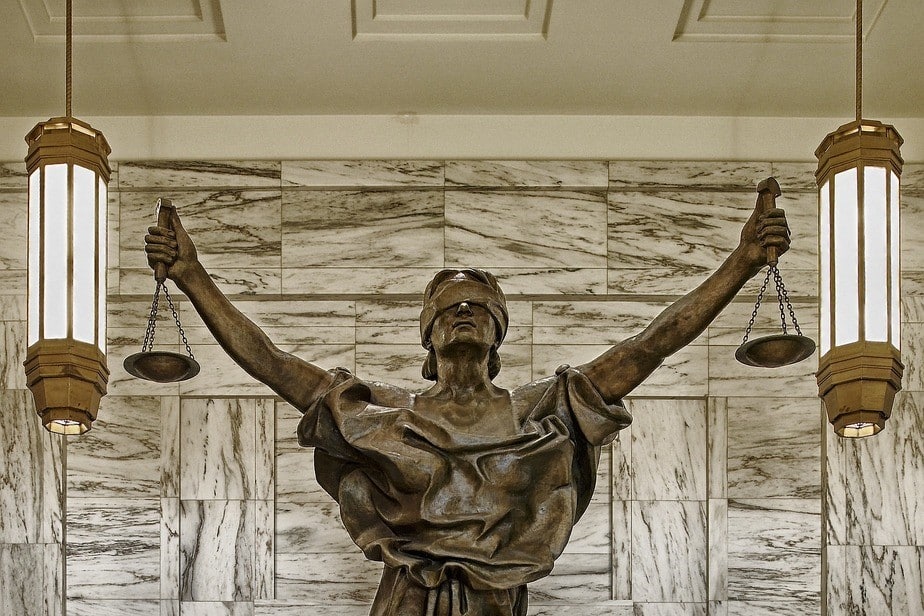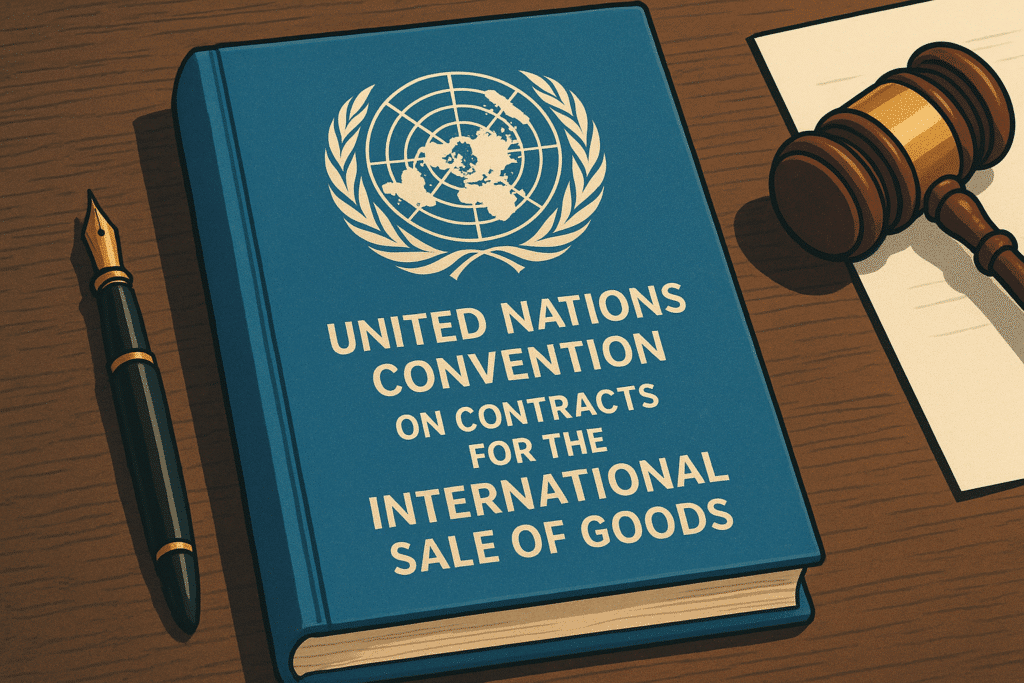Drafting the Opinion in Great Lakes
Over the past six years, I have spent a lot of time thinking about choice-of-law clauses. I have written about how to interpret them, about their extraterritorial effect, about their history, and about why insurance companies frequently omit them from their policies. If a pub were ever to host a trivia night devoted to choice-of-law…
Continue ReadingOral Argument in Great Lakes
On October 10, 2023, the U.S. Supreme Court heard oral argument in Great Lakes Insurance v Raiders Retreat Realty LLC. The issue presented was whether, as a matter of federal admiralty law, a choice-of-law clause in a maritime contract may be rendered unenforceable if enforcement is contrary to the “strong public policy” of the state…
Continue ReadingChoice of Law in Terrorism Cases
The U.S. District Court for the District of Columbia (DDC) is routinely called upon to adjudicate civil cases where plaintiffs bring claims against foreign sovereigns on behalf of themselves or relatives who were killed or injured in terrorist attacks overseas. If the plaintiff is neither a U.S. national, a U.S. servicemember, a U.S. government employee,…
Continue ReadingMissed Opportunities in Great Lakes
In the 1994 film, Clerks, the main character works at a quick-stop grocery store in New Jersey. On his day off, he gets a call from his boss asking him to cover the shift of another employee. As he grapples with a stream of difficult customers during the course of this unexpected shift, he keeps…
Continue ReadingThoughts on the Respondent’s Brief in Great Lakes
In a prior post, I surveyed the facts, procedural history, and potential significance of Great Lakes Insurance SE v. Raiders Retreat Realty Co., LLC, an upcoming Supreme Court case about the enforceability of choice-of-law clauses in maritime insurance contracts. In a subsequent post, I shared some thoughts about the brief filed by the petitioner, Great Lakes Insurance SE (GLI). In this…
Continue ReadingSuing Atlantis
The Atlantis Resort in the Bahamas (“Atlantis”) is, by most accounts, a nice place to visit. There are water slides and pools, beaches and private cabanas. There is a casino and a spa and a nightclub and a comedy club. Over the past two decades, tens of thousands of American tourists have traveled to Atlantis….
Continue ReadingInconvenience, Forum Selection Clauses, and Afghanistan
The U.S. Supreme Court has long held that a forum selection clause should not be enforced when “trial in the contractual forum will be so gravely difficult and inconvenient” that the plaintiff “will for all practical purposes be deprived of his day in court.” In announcing this rule, the Court recognized that a legal right…
Continue ReadingDrawing Inferences from CISG Opt-Outs
The United Nations Convention on Contracts for the International Sale of Goods (CISG) and the Uniform Commercial Code (UCC) both supply rules to govern contracts for the sale of goods. The UCC applies to purely domestic transactions. The CISG applies to many international transactions. When a contract involves the mixed sale of goods and services,…
Continue Reading




